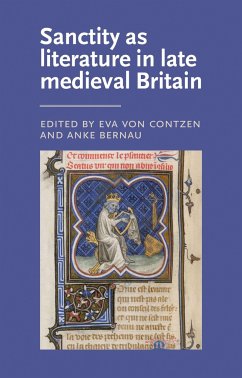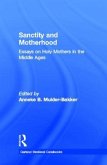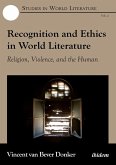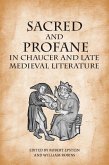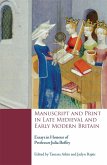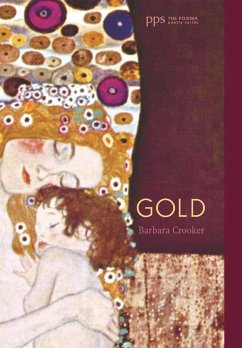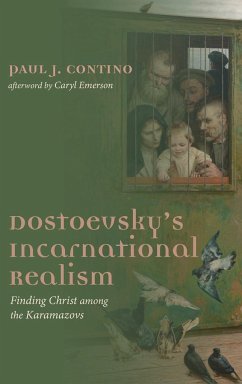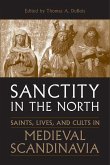This collection explores some of the many ways in which sanctity was closely intertwined with the development of literary strategies across a range of writings in late medieval Britain. Rather than looking for clues in religious practices in order to explain such changes, or reading literature for information about sanctity, these essays consider the ways in which sanctity - as concept and as theme - allowed writers to articulate and to develop further their 'craft' in specific ways. While scholars in recent years have turned once more to questions of literary form and technique, the kinds of writings considered in this collection - writings that were immensely popular in their own time - have not attracted the same amount of attention as more secular forms. The essays in this collection examine a representative choice of texts from the fourteenth century to the early sixteenth, including penitential literature, hagiographical compilations and individual legends, romance, debate and mystical literature. Although England provides the geographical focus of the book, chapters on the Scottish, Irish and Welsh traditions broaden and deepen this perspective. An Afterword draws out the implications of the collection as a whole and maps out areas for future research. The collection as a whole offers new insights for scholars interested in form, style, poetics, literary history and aesthetics, by considering sanctity first and foremost as literature.
Hinweis: Dieser Artikel kann nur an eine deutsche Lieferadresse ausgeliefert werden.
Hinweis: Dieser Artikel kann nur an eine deutsche Lieferadresse ausgeliefert werden.

